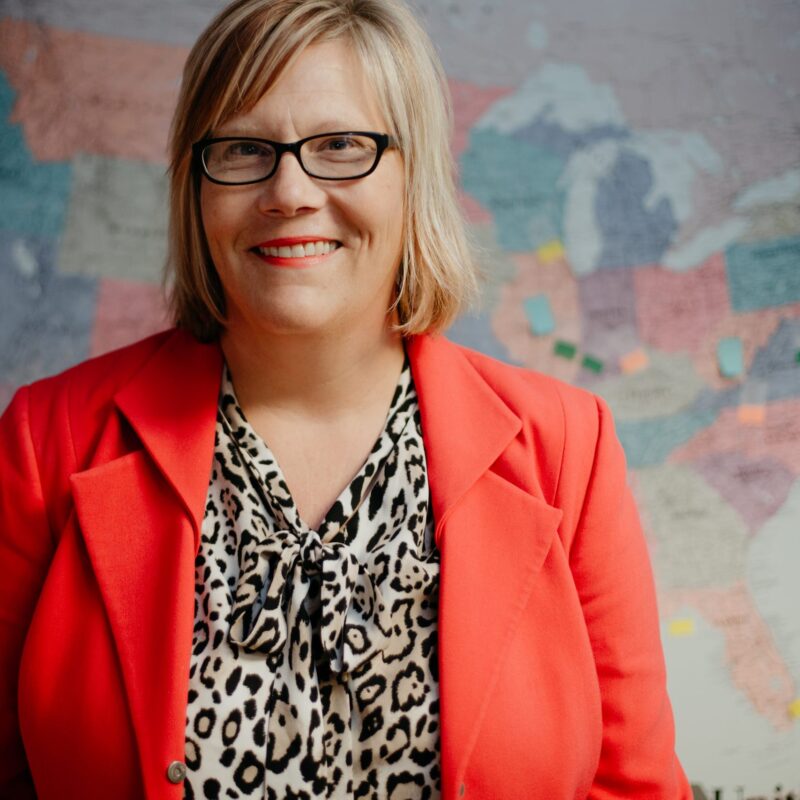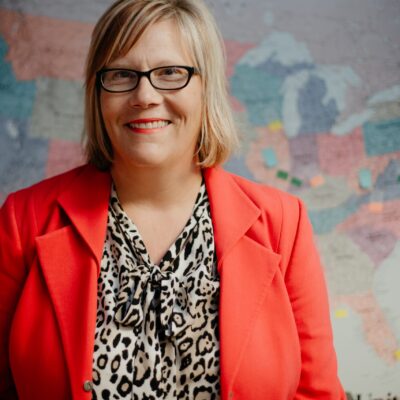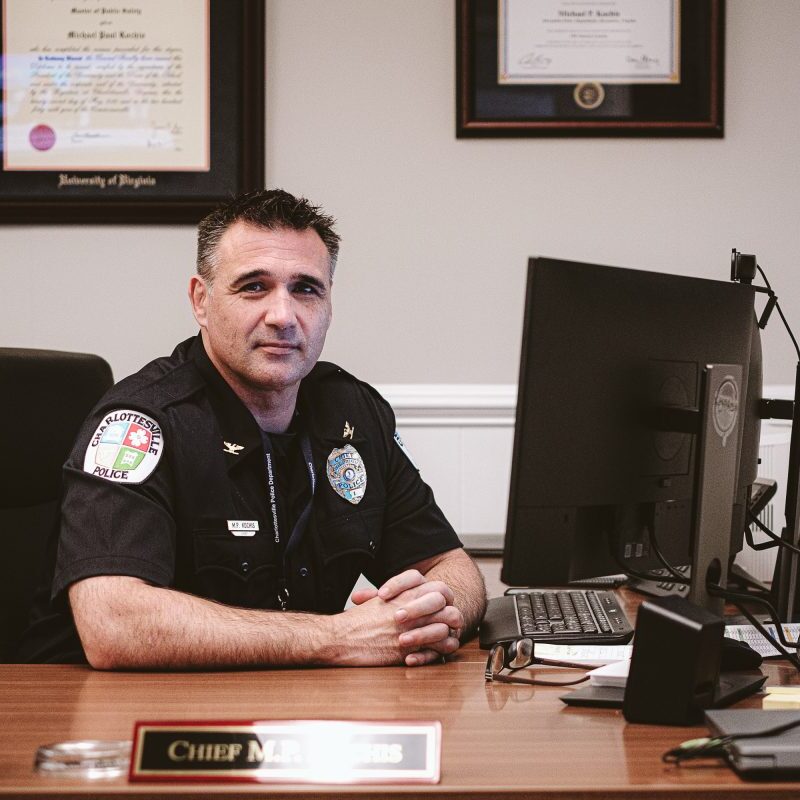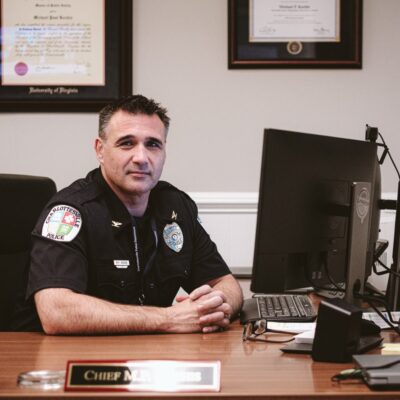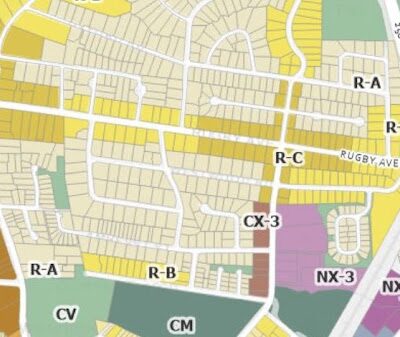/DanWillingham-K.jpg) Daniel Willingham, a cognitive psychologist at UVA, says it is hard to make general conclusions about how school districts successfully engage students. “I think it more often happens at the level of the classroom. It’s really about what the teacher is doing.”
|
“I was moderately successful but not terribly engaged,” he says.
Willingham proved to be a better student of the classroom than he was in it. In his 2009 book, Why Don’t Students Like School?, he tackles the hot-button topic of student engagement. Willingham differentiates between thought and memory, and concludes that humans more frequently use the latter. Thinking pits our environment—a squeaky chalkboard, an uncomfortable desk and the teacher’s tone of voice—against our long-term memory in a battle for new knowledge. Sometimes, we lose the battle.
Student engagement, says Willingham, isn’t improved on a district or school-wide level. Rather, he says it happens more often in the classroom and has to do with what the teacher and the student bring to the equation. For instance, he says he was most strongly engaged as a student when he felt a personal connection to his teachers.
“There is plenty of research now showing that it’s true, that the extent to which kids learn is heavily influenced by emotional relationships with teachers,” says Willingham.
And emotion is but one factor to the cognitive scientist. Factors from teachers’ experience to students’ socioeconomic background —both studied in ProPublica’s recent “Opportunity Gap” project (see page 17)—determine how successfully we assimilate new information.
Willingham says that the positive impact of teacher experience tends to diminish after a number of years. A 2010 report from the CALDER Center says “teachers with more than 20 years of experience are more effective than teachers with no experience, but are not much more effective than those with five years of experience.”
Willingham, who is also a trustee for UVA cultural literacy scholar E.D. Hirsch’s Core Knowledge Foundation, says teachers need to understand their students’ experiences, but thinks “we’d do students a disservice if we left it at that.” He says there are cultural expectations that we have for students, but those students may rely on the classroom in different ways.
“To read a serious newspaper, you need to have a certain background that writers and editors assume that you have,” says Willingham. “This is exactly the kind of info that studies show wealthier kids are picking up at home and low-income kids are less likely to pick up at home. They’re relying on the schools.”
His next book, When Should You Believe “The Experts”?, is slated for a Spring 2012 publication. The book tackles the problem of how we assimilate new information in real-time and apply it to our professions, or health, or home, and how we evaluate that new information.
“Research doesn’t stand still,” he says. “How are practitioners and non-experts supposed to keep up with the research?” With Willingham’s help, we stand a better chance.
